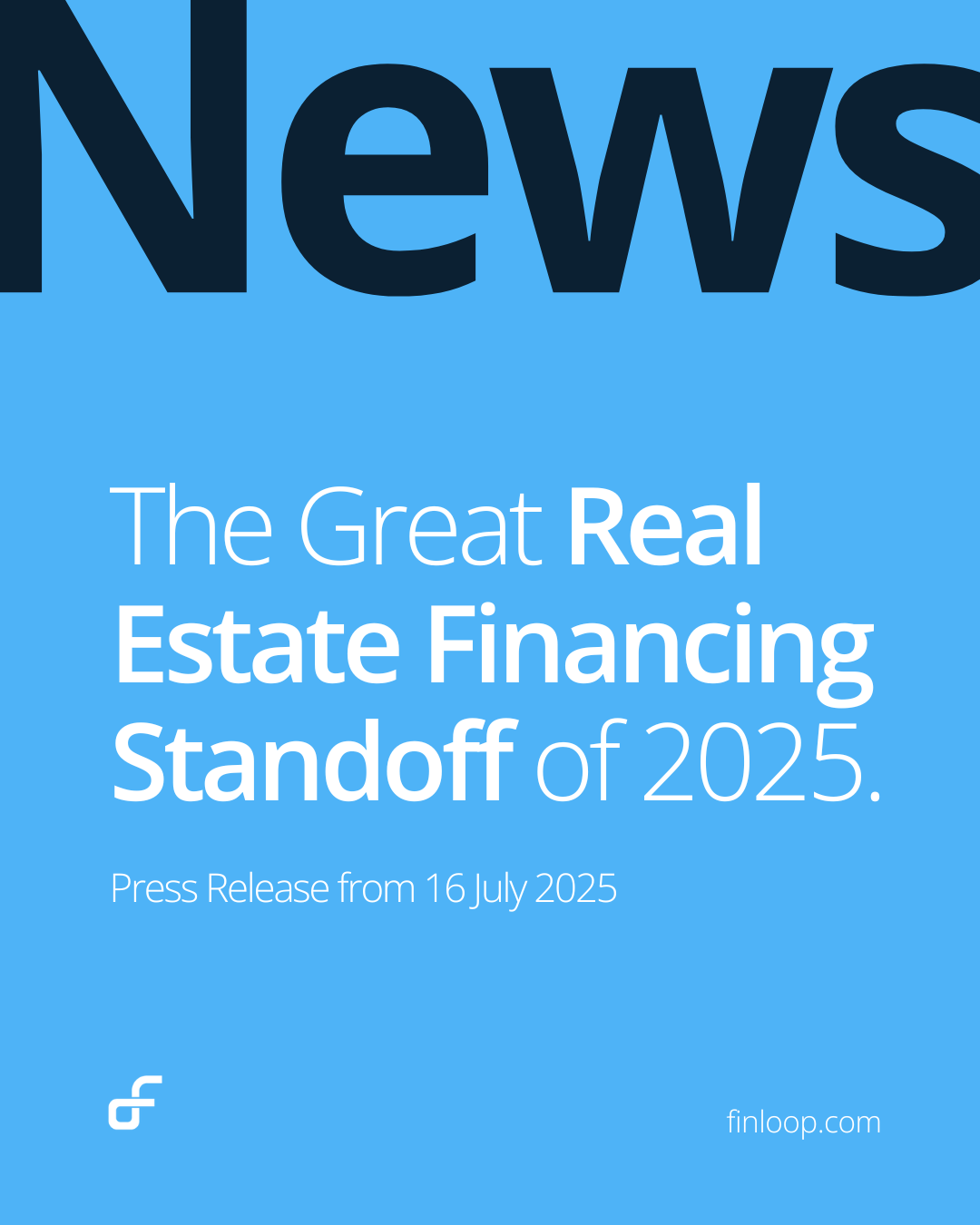
Stand-off between lenders and borrowers on financing terms – Q2 2025
While the financing year started hopeful for real estate investors and lenders, half way down the year the market is coming to a hold again.
• Financing activity in Southern Europe/Iberia has picked up, the focus is on hotel and residential project financing, This co-incites with many agencies reporting a ramp up in European Hotel Investment In 2025, with focus on Italy, Iberia and France.
• Spain has been the second strong market for investors to seek deals and financing after Germany in Q2 2025
• 60% of all market investment activity is coming from development projects.
Q2 2025 financing volumes
Investors are currently in search of financing for various investment opportunities, while lenders are eager to fill their loan books. However, there is a significant disparity in the types of transactions that lenders are seeking to finance. Hence, borrowers with acquisitions and projects that do not fit into the desired asset quality & credentials are finding it difficult to find debt offers. Conversely, transactions that do catch the attention of lenders often receive overwhelming interest, with 15-25 lenders competing with various terms and offers. This imbalance in the market is posing challenges for both borrowers and lenders alike, making it increasingly difficult for financing deals to be successfully closed.
Monthly financing volumes (€ million)
Lenders are inundated with financing requests for residential development projects, but only a select few that meet specific criteria. Similarly, investment properties seeking refinancing will struggle to secure attractive offers unless they can demonstrate higher valuations, increased rental income, and a desirable quality grade. This challenge is pervasive across various property types and asset sizes, spanning from €10 million to €60 million and beyond.
Furthermore, loan-to-value ratios for both refinancing and new acquisitions continue to remain conservative, typically hovering around 57-60% LTV.
Average loan size & average LTV/LTC levels
Residential financing consistently makes up one third of all financing requests in the major European markets. Projections anticipate a 3.3% annual increase in European residential rents over the next three years. In the last quarter, there has been a notable uptick in requests for hotel financing, now comprising 25% of total requests.
As legacy assets look to align with environmental, social, and governance (ESG) standards and operational benchmarks in the logistics and office sectors, capex-heavy repositioning strategies are gaining traction. Brownfield regeneration is on the rise in constrained urban markets, with a focus on integrating onsite renewable energy infrastructure to meet ESG objectives. However, obtaining favorable financing terms for these initiatives remains a daunting challenge.
Investors are on the hunt
Investors are on the hunt for portfolios yielding over 6%, while The ECB has cut its deposit rate for the seventh time to 2.25% in April 2025, which is helping investors to make debt terms work.
Asset type distribution
Office transactions are still subdued and vacancy rates remain high especially in German cities, Frankfurt 12,3%, Munich 7.5%, compared to Paris with sub 4%.
Typically the European banking market is stronger than the alternative financing market, but they only made up 60% of active lenders offering loan terms in Q2 2025. KPMG estimates the debt gap for German real estate is estimated at 77 billion euros by 2028. Initially difficult to enter for alternative lenders the German market is now experiencing a sharp rise in alternative debt providers, while the banking market is on hold. private debt funds are increasingly taking over as the go-to source of capital for many developers and property owners, stepping into what was once a bank-dominated market. Under Basel banks are also facing increased regulatory costs for their real estate loan books, hence, while banks seemingly retreating from direct real estate lending, they are expanding their lending to CRE via back-leverage loans to debt funds. The growth of back-leverage is also fueling the growth of debt funds.
Recent announcements
Recent announcements include German investment manager Aukera Real Estate AG (Aukera), has launched a new pool fund for real estate debt and has already announced its first closing. Structured as a Luxembourg S.C.A. SICAV RAIF, Aukera Real Estate Debt Fund I exclusively grants senior secured loans for office, retail, logistics and residential properties in good locations. The fund will initially focus on financings in Germany and the Netherlands. CapMan Plc acquired a majority stake of German based real estate debt specialist CAERUS Debt Investments AG, expanding Caerus debt financing potential.
Despite, debt funds stepping up their lending capacity, the non-performing loan (NPL) market in Germany is growing, with 2025 set to be a pivotal year for distressed debt transactions. According to the NPL Barometer published by the German Federal Association for Loan Purchase and Servicing (BKS), the NPL volume in Germany amounted to EUR 46.6 billion at the end of 2024 – an increase of 23% compared to the previous year. It forecasts a volume of 40 to 50 billion euros by the end of 2025. These non-performing loans are mainly held by Germany's 27 largest banking groups. Commercial real estate is a significant portion of this.
It is normal for loan defaults to be increasing for a while longer, as there is always a time delay between the investment and the debt market. The biggest divide remains on pricing for assets and distressed loans between potential investors i.e. buyers and lenders – sellers, which means all parties are in a stand-still.
For further information contact
Nicole Lux, FinLoop, nicole@finloop.com
ABOUT FINLOOP
FinLoop is Europe’s leading B2B platform for digital real estate financing. It connects borrowers, financial institutions, and advisors in a seamless, tech-enabled ecosystem delivering faster closings, intelligent portfolio management, and maximum transparency throughout the financing process. With a strong focus on data-driven processes, white-label solutions for debt brokers, and pan-European financing capabilities, FinLoop is setting new standards for efficiency and scalability in commercial real estate lending.
CONTACT
FinLoop AG
Chamerstrasse 172,
6300 Zug, Switzerland
Thomas Schneider
+49172 8665115
thomas@finloop.com
finloop.com